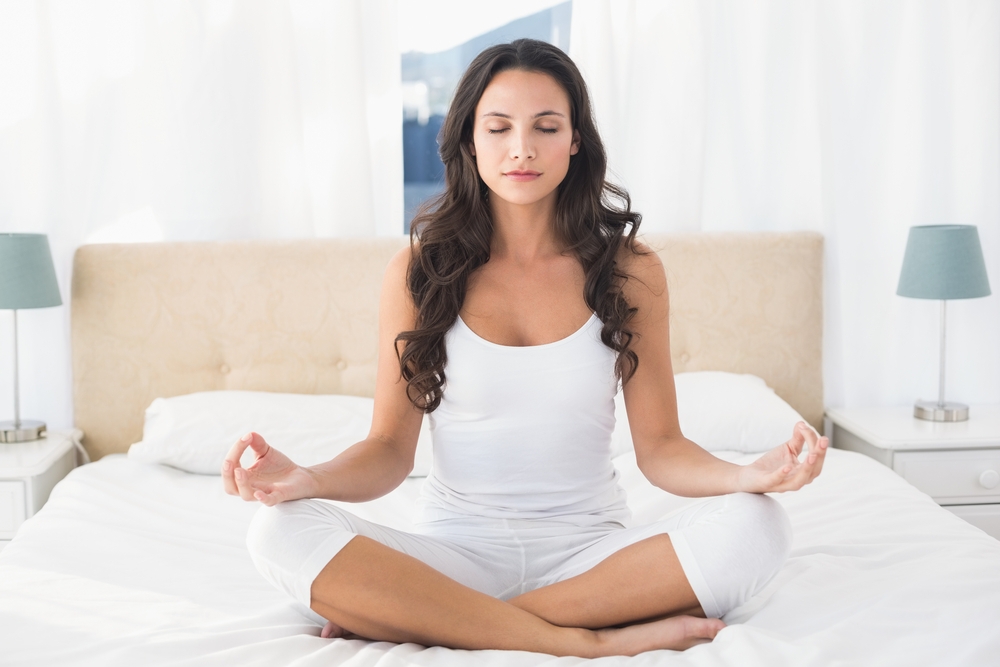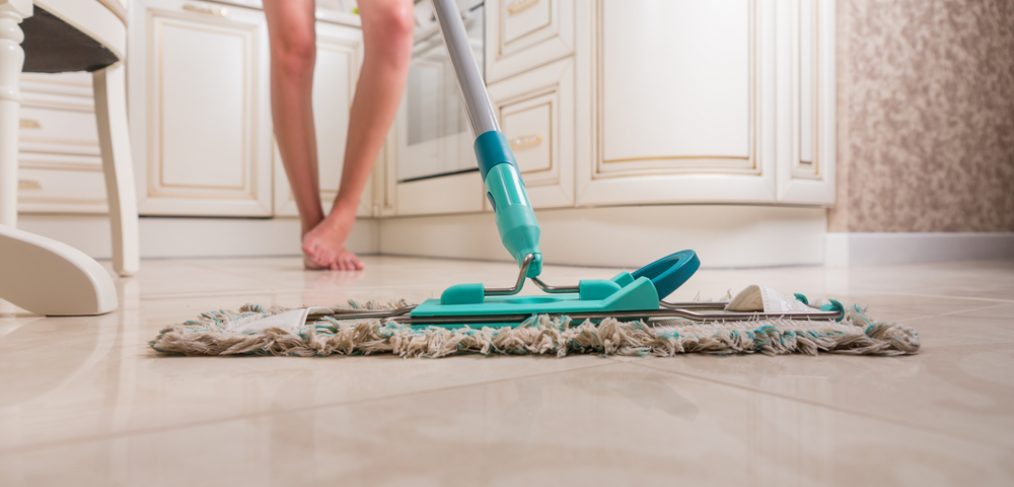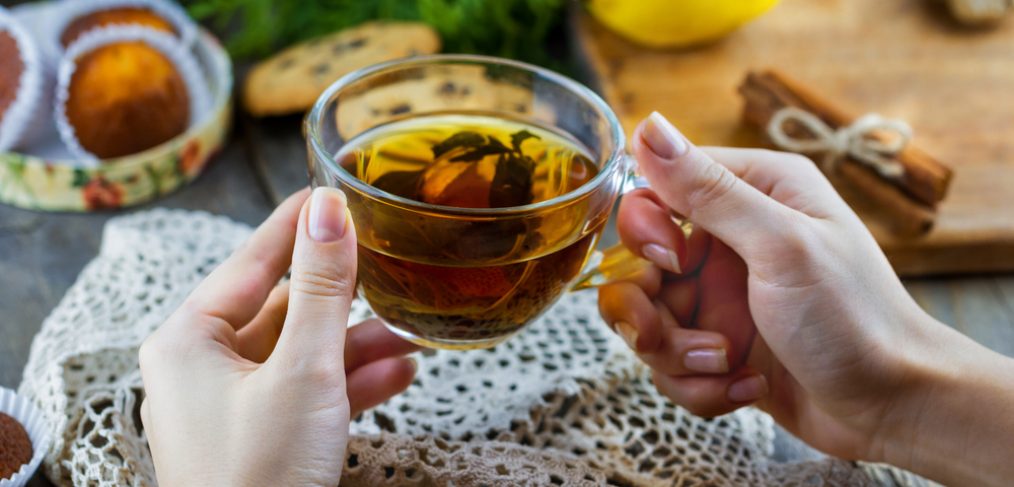Let’s face it. Eating is one of the great pleasures of life. In fact, it may be safe to say that if most of us died in front of the television with a pint of Ben and Jerry’s, we’d probably die happy. That’s why digestive problems stink. There are few enough pleasures in life; we need to make sure to completely enjoy each and every one without interference. If you are suffering from digestive problems, that means you’re not getting the full benefits of one of the life’s greatest pleasures, and that needs to be remedied. Here are a few lifestyle changes you can make to bring the fun back to your food.
Beat Stress
Butterflies in your tummy? Stress and anxiety can upset digestion and cause the stomach to become unsettled. While in some people, stress slows digestion, leading to pain, bloating and constipation, in others, stress causes metabolism to speed up, resulting in diarrhea and increased trips to the bathroom. Others completely lose their appetite. In addition, IBS and digestive conditions like stomach ulcers can become exacerbated in stressful situations.
What should you do? Try to avoid eating while you’re stressed and try to avoid getting stressed while you’re eating. Arguing over dinner is never good for digestion.
Stop Smoking
Smoking can weaken the muscles which control the lower part of the esophagus, allowing acid from the stomach to travel in the wrong direction. More commonly known as reflux, this condition can cause heartburn, and bring on or worsen inflammatory conditions and stomach ulcers. Smoking is also a big risk factor for stomach cancer.
Eat Properly
High paced lifestyles often cause us to eat on the run, which can wreak havoc on our digestion. To avoid this:
- Don’t eat too quickly. Concentrate on putting your fork down between bites and chewing each mouthful completely.
- Don’t eat too much. Adjust your portions at mealtimes, or try to eat small meals frequently, rather than large ones occasionally.
- Avoid eating a big meal before bedtime. Try to give your body at least two or three hours to digest before hitting the hay.
- Eat on a regular basis, don’t skip meals, and get plenty to drink.
Lose Weight
Excess stomach weight puts pressure on your middle, which can cause heartburn. Weight loss may help to relieve digestive symptoms like heartburn and other stomach problems.
Binge Drinking
While drinking in moderation should not harm digestion, binge drinking can increase the production of acid in your stomach and cause digestive complaints. Binge drinking means drinking eight to more units of alcohol in a session for men, and six for women.
Are you suffering from digestive issues? Let us know what lifestyle changes you made to help you. We want to know.


















